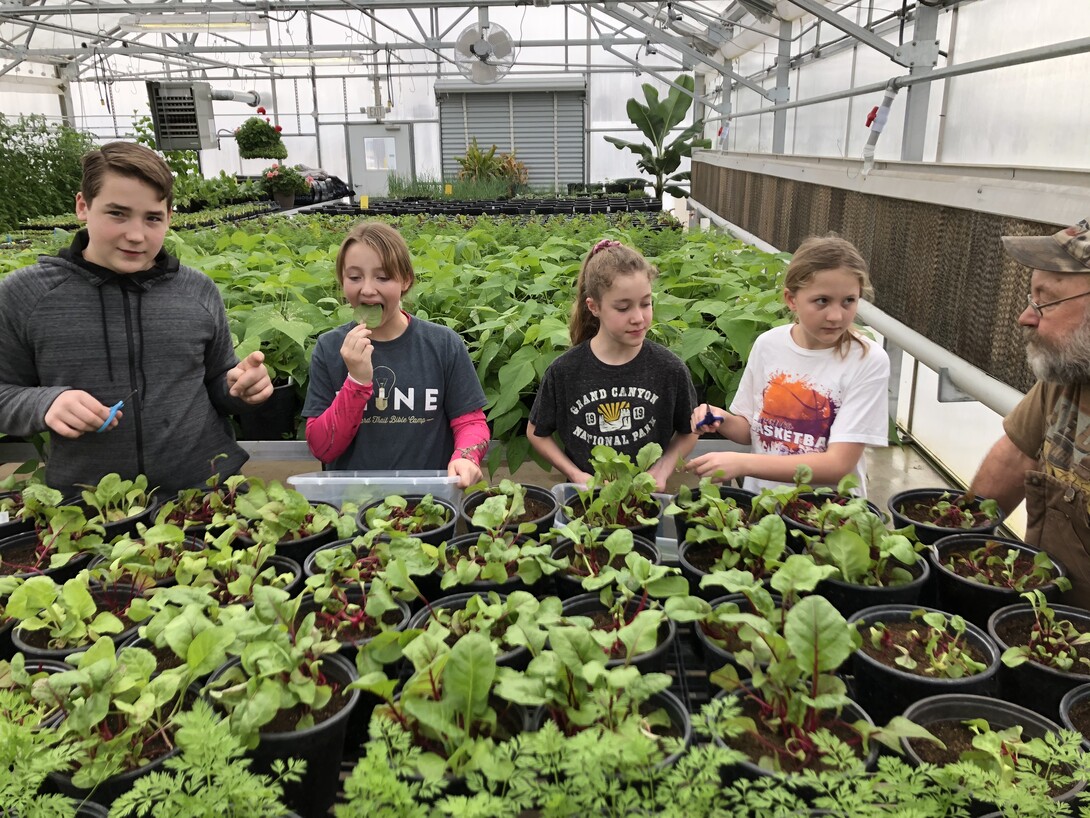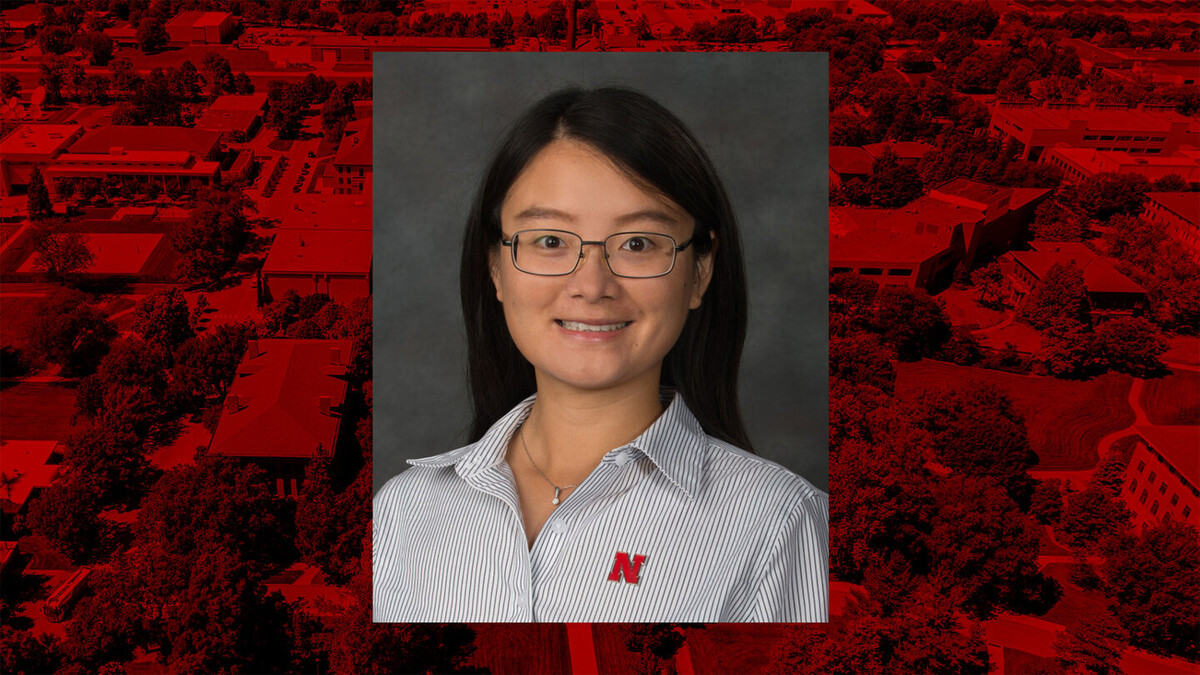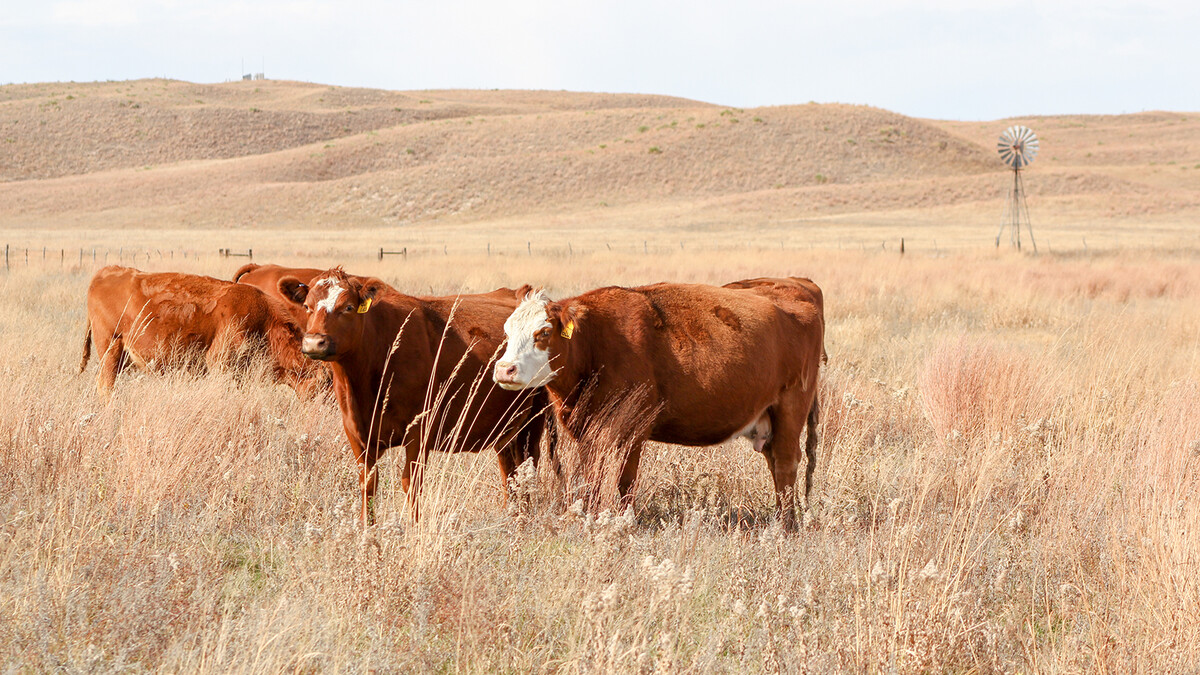
Lincoln, Neb. —Farmers, ranchers and local food procesors can learn strategies or growing and selling their products to school district at the Bringing the Farm to School: Local Producer Training March 3 in Omaha hosted by the Nebraska Department of Education.
“When area farmers sell their products to schools, everyone wins,” said Sarah Smith, Farm to School Coordinator for the Nebraska Department of Education.
“Farmers have a reliable market, dollars get recirculated in the community, and, most importantly, students get to enjoy local, fresh, nutritious, and delicious food,” Smith said.
The training will be held at the Douglas-Sarpy Counties Extension Office on March 3, from 9 a.m. to 5 p.m. To register, visit www.education.ne.gov/ns/farm-to-school/ or contact Sarah Smith, Farm to School Specialist at the Nebraska Department of Education, 402-525-3128 or sarah.e.smith@nebraska.gov.
Producers that attend this training will:
- Learn about accessing school markets and growing products for schools;
- Hear from producers that have successfully navigated school markets;
- Gain new knowledge and resources for integrating school markets into a business plan;
- Meet local peers and experts, and participate in a question-answer session.
The development of this training was funded at least in part with federal funds from the U.S. Department of Agriculture, Food and Nutrition Service through an agreement with the National Center for Appropriate Technology in partnership with the National Farm to School Network.







